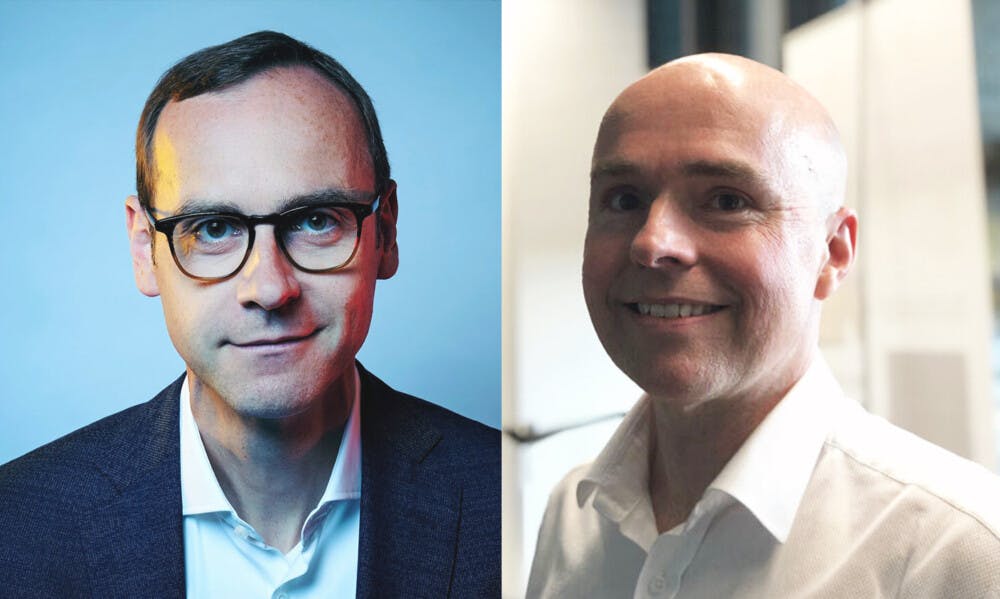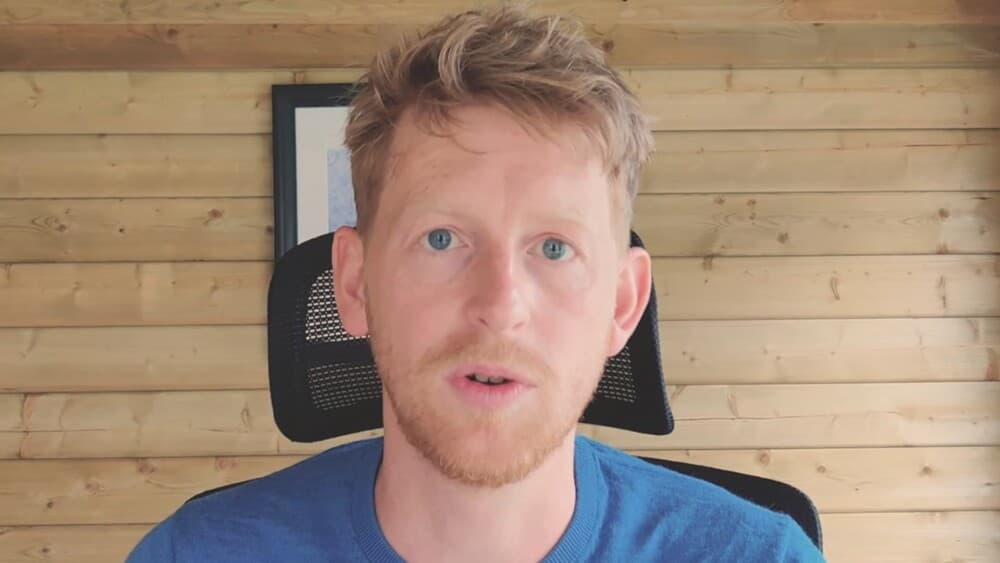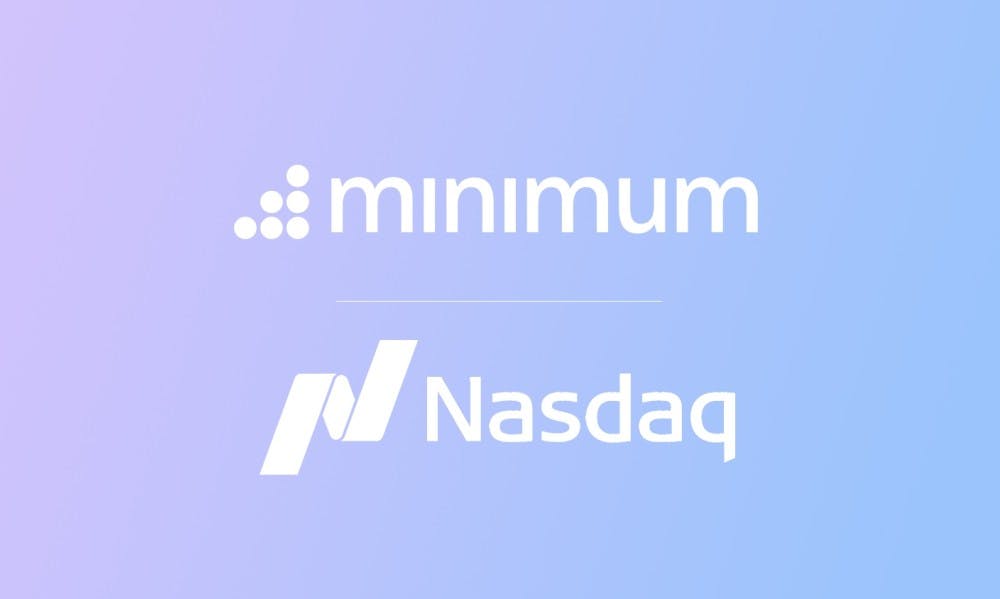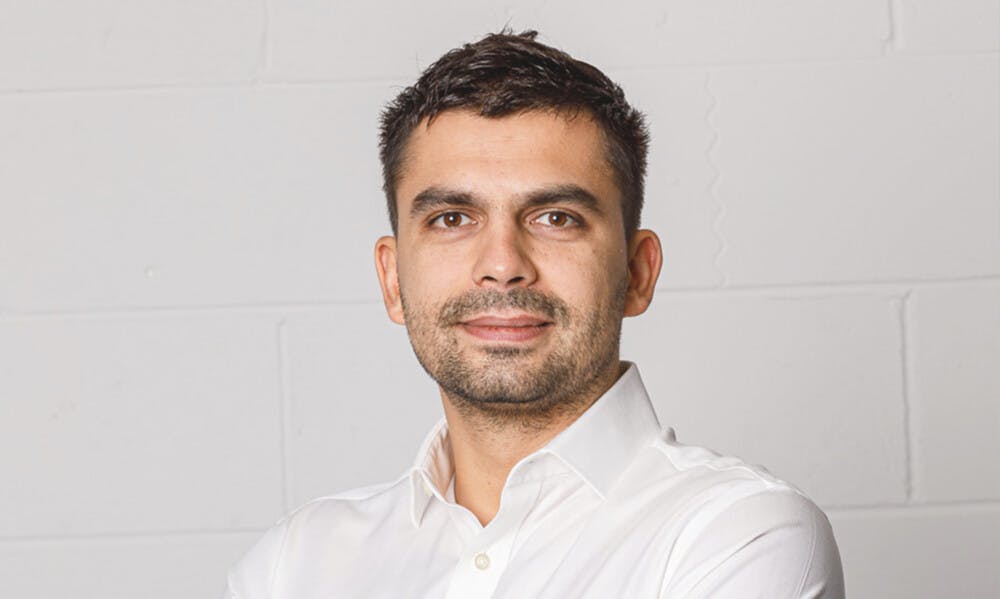Founders' Stories|
Net zero is a very easy thing to say. But it’s a hard thing to do
Minimum is building a climate operating system that allows complex organisations to monitor emissions. Freddie Evans, its co-founder and CEO, says it gives full visibility over carbon emissions and also provides a control centre from which organisations can manage their decarbonisation journey.
“The kind of customers that are flocking to us at the moment are complex businesses with multiple entities, such as long supply chains or private equity firms with a portfolio of different companies,” he says. As an example, one of the biggest power network providers in Europe has signed up as a customer.
“They had been using arguably the best carbon consultancy for the last five years to understand their carbon footprint,” says Evans. “But the company is now really trying to reduce its emissions into the future. They have made a net zero plan and want to start their decarbonisation journey. They asked for a tool to help them but the carbon consultancy couldn’t do it themselves. It recommended Minimum.”
Evans therefore found himself being recommended by one of his main competitors, and winning the contract because he could fulfil the customer’s wish to have software that allowed it to do scenario modelling and build an emissions understanding into every decision it made.
The deal also means that Minimum is likely to partner with other “Big Four” consultancies to provide the emissions data platform and the data layer as part of an overall ESG consulting contract for clients. The big consultancies are also looking to see how they can provide audit services for carbon emissions. “Only a tool like Minimum provides that full audit ability,” says Evans.
The way Minimum works is that it builds a digital “twin” of the organisation in terms of emissions. “We map out the organisation, no matter how complex it is, into our software stack,” says Evans. “Then the various entities of the business, including stakeholders, input their own information, so for example a supplier in another country can access the platform in their own way, a portfolio company can access the platform themselves and we have all sorts of tools and APIs to allow the easy ingestion of data from the entities.”
The platform is encoded with all the calculations required, including carbon emissions factors and the type of legislation that needs to be reported against, so that when the data appears in the organisation’s control centre it can immediately print off disclosures, for example. “You can check you are on the right side of regulation,” says Evans. “Information like this is constantly in flux so you have to have a flexible platform.”
"Sustainability is rapidly turning towards an essential part of what you have to take into account when making business decisions"
This dynamic view of emissions makes it easy to update the data on an ongoing basis and do things like scenario modelling. “Organisations can see what would happen, for example, if they added a particular company into their portfolio fund – would it increase emissions? Or assess changes to its supply chain. You can start plugging those elements into the platform and start planning out your net zero journey. “Net zero is a very easy thing to say. But it’s a hard thing to do,” says Evans. “In five years’ time every single business is going to have to be feeding emissions reduction into day to day life. Every time they make a decision they’re going to have to understand the emissions repercussions of it. 80 per cent of Europe’s biggest companies have signed up for this journey. They need a platform to help them and Minimum will be that platform.”
Evans points out that five years ago sustainability was a “nice to have” gold star. “It is now rapidly turning towards an essential part of what you have to take into account when making business decisions,” he says. “In five years’ time it will be a boring stable part of business and businesses are going to need tools to make that happen. Everything is converging around this and it’s ours to take.”
climate tech
One of the most exciting and interesting investment opportunities of our times is the area of climate tech. Companies in this sector address the most pressing global challenges that our generation is encountering: for example, around sustainable supply chains, the decarbonisation of our planet or the shift towards a renewable energy sector. These are investment fields where we want to double down and be early in investing in the most interesting companies that emerge. For us, the most interesting companies are those that operate at the intersection of climate and digital infrastructure. More on our climate tech thesis









